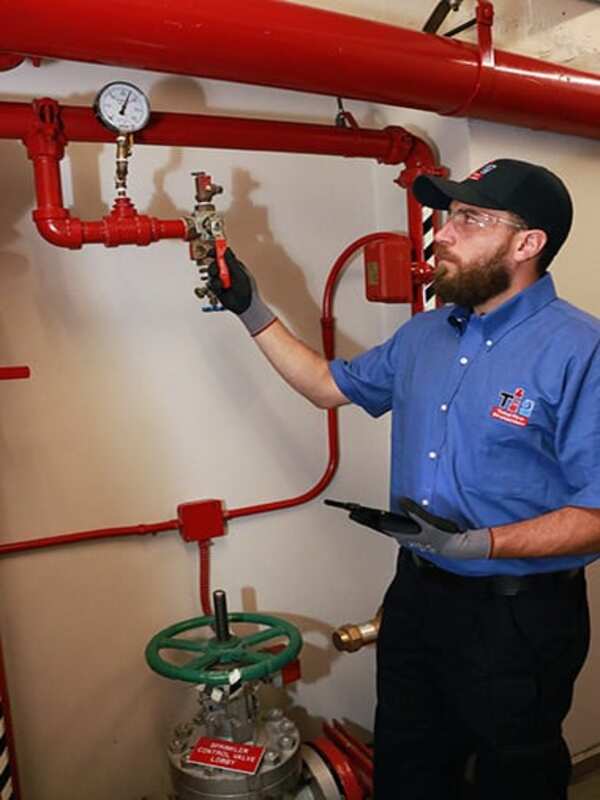Supply
Supply for MEPF (Mechanical, Electrical, Plumbing, and Fire Protection) systems refers to the provision of necessary materials, equipment, and components required for the installation and functioning of these systems. Here are the key aspects of supply for MEPF systems:
1. Equipment and Components:
Mechanical: This includes HVAC equipment such as boilers, chillers, air handling units, fans, pumps, ductwork, diffusers, and controls.
Electrical: This includes electrical panels, transformers, circuit breakers, wires, cables, switches, lighting fixtures, control panels, and other electrical components.
Plumbing: This includes pipes, fittings, valves, pumps, water heaters, fixtures (sinks, toilets, showers), water storage tanks, and other plumbing equipment.
Fire Protection: This includes fire sprinklers, pipes, valves, fire pumps, fire alarm systems, detectors, alarms, and other fire protection components.
2. Materials:
Insulation: Insulation materials are required for HVAC ducts, pipes, and equipment to prevent heat loss or gain and ensure energy efficiency.
Wiring and Cabling: Copper or aluminum wires, cables, conduits, and cable trays are needed for electrical power distribution, control systems, and communication networks.
Piping: Different types of pipes such as copper, PVC, PEX, or steel pipes are used for water supply, drainage, and fire protection systems.
Fasteners and Supports: Nuts, bolts, hangers, brackets, and other fastening materials are essential for securely installing MEPF system components.
Sealing and Gasketing: Sealants, gaskets, and tapes are required for air sealing, waterproofing, and ensuring leak-free connections in MEPF systems.
3. Procurement:
Selecting Suppliers: Identify reputable suppliers and manufacturers who specialize in MEPF system components. Evaluate their product quality, reliability, availability, and adherence to industry standards.
Request for Proposals (RFPs): Issue RFPs to suppliers, clearly specifying the required materials, equipment, quantities, quality standards, delivery schedules, and any special requirements.
Bid Evaluation: Evaluate and compare proposals from different suppliers based on factors such as price, product quality, delivery capabilities, warranty, and after-sales support.
Purchase Orders: Issue purchase orders to the selected suppliers, formalizing the agreement for the supply of MEPF system components. The purchase orders should include detailed specifications, quantities, pricing, delivery terms, and payment terms.
4. Logistics and Delivery:
Coordinate with suppliers to ensure timely delivery of the materials and equipment to the project site.
Monitor and track deliveries to ensure that they align with project timelines and installation schedules.
Inspect the received materials to verify that they meet the specified requirements and are in good condition.
5. Quality Assurance:
Ensure that the supplied materials and equipment comply with applicable codes, standards, and project specifications.
Perform inspections and quality checks on delivered items to verify their conformity with the required standards.
Conduct testing and commissioning activities to ensure that MEPF system components operate as intended.
6. Inventory Management:
Maintain an organized inventory of MEPF system components, tracking quantities, stock levels, and usage. Plan for contingencies by having spare parts and backup equipment available for critical systems.
Monitor and replenish stock levels as needed to avoid delays in installation or maintenance activities.

